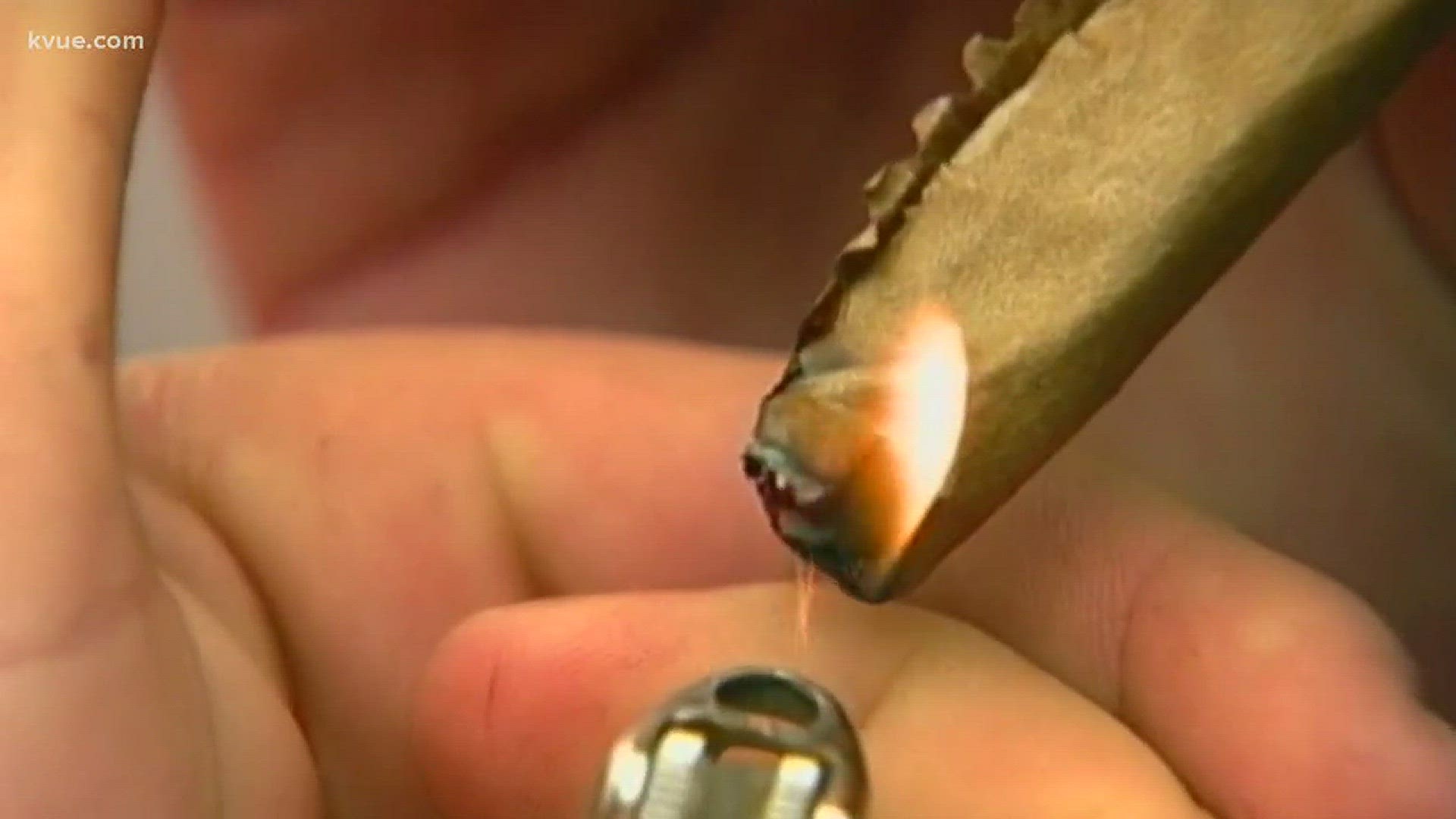The Travis County Commissioners Court unanimously approved a proposal Tuesday to offer a course for people caught with two ounces or fewer of marijuana.
The commissioners said the goal of this program is to divert individuals that are considered low-risk and keep them out of jails at the early stages of the criminal justice system. Under the program, the four-hour class would cost $45. Travis County Judge Sarah Eckhardt said she expects this to allow officers and prosecutors to exert their effort on more pressing matters.
"We are using that central booking capacity for people that are truly a danger to the community," Eckhardt said. "With these folks, let's be frank, for those of us who prosecuted these cases are like, 'Oh gosh, not another POM [possession of marijuana]' because we know it's somebody who sat too long in the drive-through window and couldn't decide on a big mac. They're not a danger to society. They're a hindrance of getting up to the drive through window."
Under Texas law, people can seek to have a charge removed -- or expunged -- from their criminal records if they meet certain criteria, but it is an expensive legal process. County Commissioner Gerald Daugherty said while he supports this new program, there is a monetary aspect that must be upheld.
"I'm happy to carry this motion with one caveat -- that you do have to pay your fee," Daugherty said. "I don't want to hear, 'I'm indigent, I can't afford the $45.' I mean, if you can afford to go out and get high, then you pay the $45. I'm serious about this, I want no scholarship on this program."
Travis County does already have a similar course in place, but with different consequences before and after taking it. People have been allowed to take an eight-hour class, but only after they've been charged. This means usually a Class B misdemeanor would go on someone's record and could impact a person’s chance to land a job.
County Commissioner Brigid Shea brought up the difference in legality for different areas of the country.
"Possession of marijuana is legal in I don't know how many states now, but yet we had a practice that was marking people for life, particularly if they didn't have the money to go through an expungement process," Shea said. "We were beginning to label them as criminals when what they are doing is not illegal in many places in this country."
The county will start offering these classes three times a month beginning in January 2018.

